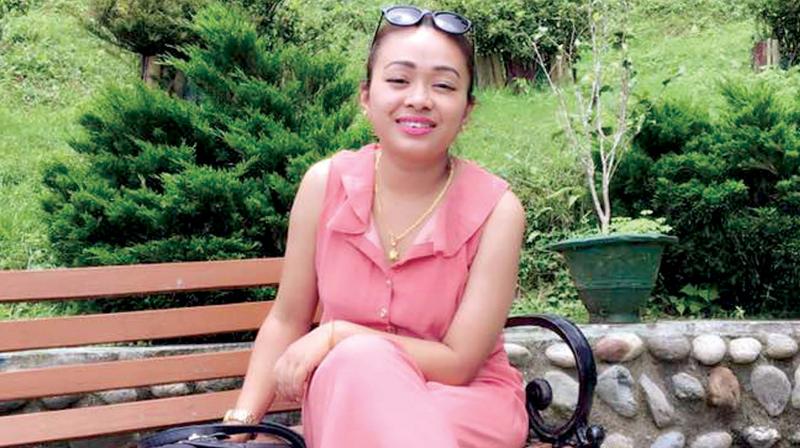Face' up to the real truth!

Recently namma hudugi Deepika Padukone expressed her displeasure to the media over being mistaken for Quantico star Priyanka Chopra. The idea that two people can be mistaken as the same person just because they belong to the same country is what she found racist.
While the argument that our city girl makes is a valid one, many people who live or have lived in the city have faced situations of mistaken identities too. This generalisation is not just confined to race. But stereotypes and ignorance of all kinds.
Donna Das, a post-graduate student in the city, narrates, “I boarded a cab and the driver was being really chirpy and friendly. He then asked me where I came from. So I told him I was from Guwahati, Assam. He looked confused and wondered if Assam is somewhere near China. Hearing this, my heart just shattered and I couldn’t help telling him how poor his general knowledge was.”
Bengalureans who have moved out of the city for work or education have occasionally faced similar situations up ‘north’ where they are categorised as people belonging to one ‘particular’ group. Ashwin Vishwanathan,a Bengalurean and a legal consultant based in Delhi, admits that there are a small group of people who still engage in that kind of banter. He also says that, “The feeling is there. But it’s fading quickly. A few loud people still try to make a big deal about your place of origin, but it’s getting lesser and lesser.”
Megha Mary Mathews, a master’s student who has close friends from the north-east asserts that racism towards people from the region is something that exists. “Racism is widespread, invisible and at worst, institutionalised. The north-east, especially are targeted in many areas. ”
Born and raised in Darjeeling, Prathima Pradhan (who has Nepali roots), moved to Bengaluru for education and lived in the city for four years. She says, “Yes, I have been mistaken about my ethnicity. But I don’t think that’s just a Indian problem. It is a global issue and the only way to deal with this is not with anger but communicating. And by educating ourselves. We need to be educated to stop this kind of discrimination.”
Dr Sahana Sarkar, a professor at a centenarian institution in the city, recalls her own experiences in the US. Where she was considered akin to someone belonging to an ‘extremist’ nation or a terrorist group because of their inability to differentiate between ‘neighbours’ who looked alike and a narrow stereotypical understanding of a terrorist,” she asserts.
— Jeevan Biswas

